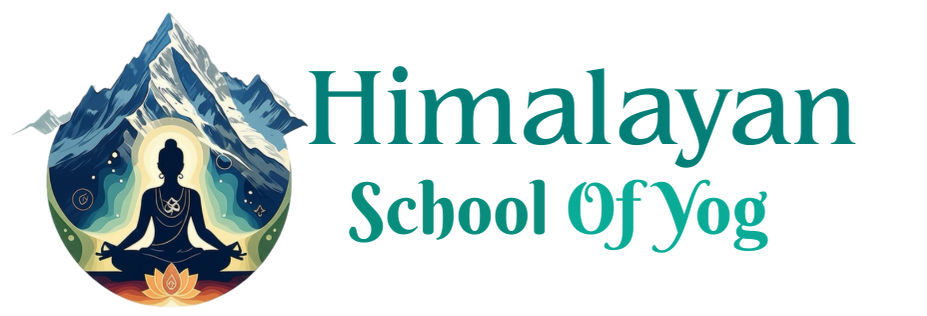The new wave of yoga courses is not just about physical fitness; it’s about holistic wellness, mental clarity, and spiritual growth.
The Evolution of Yoga
Yoga, a practice with roots in ancient India, has evolved significantly over the centuries. Traditional yoga focused on spiritual enlightenment, with physical postures playing a secondary role. However, in the contemporary world, yoga has been adapted to address the physical and mental stressors of modern life.
The new wave of yoga courses reflects this evolution. They are designed to cater to the diverse needs of practitioners, offering a range of styles from the physically intensive Power and Ashtanga to the more meditative , Yin Yoga and Restorative Yoga.
The Wellness Revolution
The wellness revolution in yoga is about integrating the mind, body, and spirit. It’s about understanding that our physical health is intrinsically linked to our mental and emotional well-being. This holistic approach to wellness is at the heart of the new wave of yoga courses.
These courses are not just about learning asanas (postures); they delve deeper into the philosophy of yoga, teaching practitioners how to incorporate yogic principles into their daily lives. They cover a wide range of topics, including pranayama (breathing techniques), meditation, mindfulness, and even nutrition.
The Impact of Yoga on Wellness
The impact of yoga on wellness is profound. Regular practice can lead to improved flexibility, strength, and posture. It can also help manage stress, improve mental clarity, and enhance overall well-being.
Moreover, yoga fosters a sense of community. Whether it’s in a physical studio or an online class, the shared experience of practicing yoga can lead to deep connections with fellow practitioners.
Conclusion
The new wave of yoga courses is a testament to the evolving understanding of wellness. They offer a holistic approach to health and well-being, addressing not just physical fitness but also mental and emotional health. As we continue to navigate the complexities of modern life, these courses provide a much-needed sanctuary, helping us unfold our wellness journey one asana at a time.
What is the concept of Yoga courses or yoga education?
Yoga education is a comprehensive framework aimed at fostering human excellence based on personal experiences. It is centered on moral and spiritual consciousness and involves the cognitive, affective, and conative components of human personality.
Here are some key objectives of yoga education.
- Good Health: Yoga education aims to enable students to have good health.
- Mental Hygiene: It emphasizes the practice of mental hygiene.
- Emotional Stability: It helps students to possess emotional stability.
- Moral Values: It aims to integrate moral values.
Yoga education helps in self-discipline and self-control, leading to an immense amount of awareness, concentration, and a higher level of consciousness. It prepares students physically and mentally for the integration of their physical, mental, and spiritual faculties. This way, students can become healthier, saner, and more integrated members of society.
Yoga education can be integrated into school education and can enhance all the activities of the students, be it academic, sport, or social. It provides improved attention in studies, better stamina and coordination for sports, and a heightened awareness and balanced attitude for social activity.
In essence, yoga education is about equipping oneself with basic knowledge about one’s personality, learning to handle oneself well in all life situations, and learning techniques of gaining good health2. It’s about developing a discriminative mind capable of knowing the real from the unreal and facing the dualities of life with equanimity.
What is the future in yoga?
The future of yoga is expected to be shaped by several key trends:
Advances in Technology: With the rise of virtual reality, augmented reality, and AI, yoga classes could become more immersive and personalized1. There might be virtual yoga classes taught by AI or even robots.
Yoga and Health: As more research is conducted into the health benefits of yoga, it’s likely that we’ll see an increased integration of yoga into healthcare and wellness programs.
Cultural Shifts: The yoga community is becoming increasingly aware of the need for diversity and inclusivity. This could lead to more accessible and culturally sensitive yoga practices.
Professionalization of Yoga: There’s a growing recognition of yoga as a profession, which could lead to improved job security, healthcare benefits, and fair pay for yoga teachers.
Sustainability: As people become more conscious of their impact on the environment, there could be a shift towards more sustainable yoga practices. This could include eco-friendly yoga mats, props, and clothing.
Innovation in Yoga Styles: New forms of yoga might emerge, blending traditional practices with modern influences.
These trends suggest that the future of yoga will be dynamic and evolving, shaped by technological advancements, societal shifts, and a deepening understanding of yoga’s benefits for health and well-being. However, the core essence of yoga, which is the union of mind, body, and spirit, is likely to remain unchanged.
